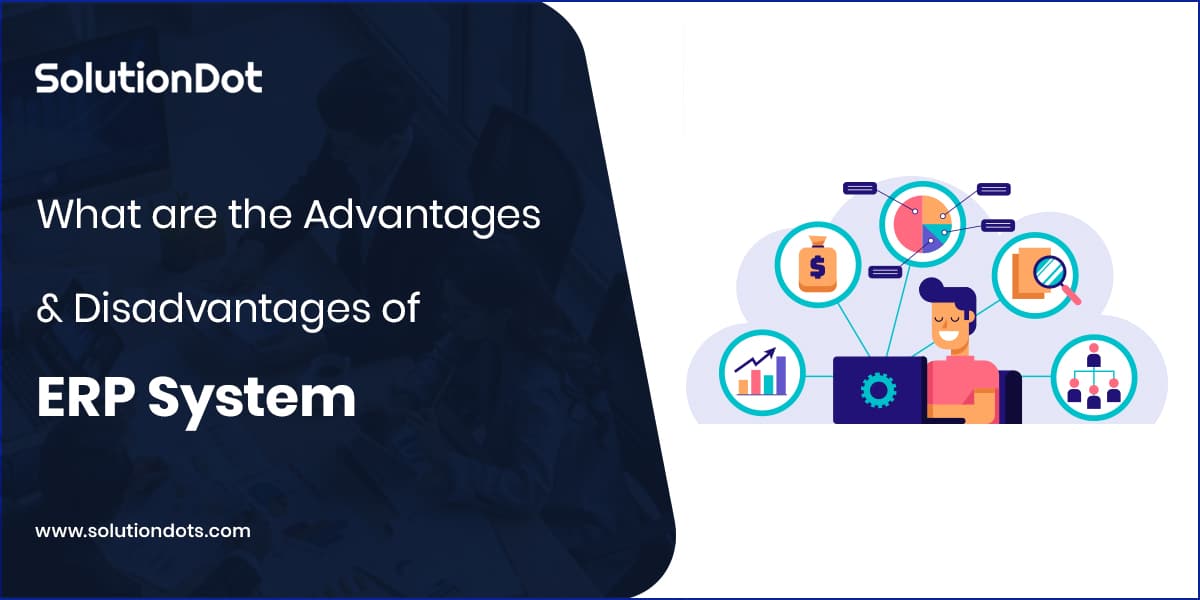What are the Advantages and Disadvantages of ERP System
- ERP (Cloud) October 23,2023

The advantages and disadvantages of ERP systems significantly impact organizational efficiency. Understanding these factors helps businesses make informed decisions about implementation and optimize their resource management effectively.
Integral: It allows for the management of various company processes, recognizing that all departments are interconnected.
Adaptable: The system can be tailored to the unique characteristics of each company, acknowledging that no two organizations are alike.
Modular: The ERP system views a company as a collection of interconnected departments that share and generate information through their processes.

Main Advantages and Disadvantages of ERP System
The advantages presented by the ERP are:
- Optimization of business processes.
- Accurate and timely access to reliable information.
- The ability to share information between all components of the organization.
- Elimination of unnecessary operations and data.
- Reduction of time and costs of litigation
- Moreover, since each module of the ERP system accesses the same real-time database, it eliminates the possibility of duplicate records and redundant operations, ensuring data integrity.
- To improve performance and save time, optimize the control and analysis of management decisions there in the long term, reduce costs for the company.
- Another obvious advantage is in terms of customer service because the response time is reduced attention to them.
- When a company has an ERP system is more competitive in the environment in which it operates.

Disadvantages of ERP are:
- The installation of the ERP system is costly. ERP consultants are very expensive take approximately 60% of the budget.
- The success depends on the skills and experience of the workforce, including education and how to make the system work properly.
- Resistance in sharing internal information between departments can reduce the efficiency of the software.
- The systems can be difficult to use.
- Change of staff, companies can employ administrators who are not trained to manage the ERP system of the employing company, proposing changes in business practices that are not synchronized with the system.
- While an ERP system offers numerous benefits, it doesn’t guarantee complete organizational success. Key factors such as fostering a positive culture, engaging employees, and anticipating changes are essential for successful implementation.
- The effectiveness of an ERP system can diminish if there’s resistance to information sharing among departments. Additionally, staff who are poorly trained or uninterested in adapting to the new system can hinder its success.
- The advantages of an ERP system reveal themselves gradually after extended operational use, not immediately.
- Successful implementation relies on workforce skills, education, and training to ensure proper system application.
Conclusion
In summary, it’s crucial to evaluate if your ERP system aligns with organizational needs and interests.
Also, keep in mind that a bad strategy implementation can lead to failure of the same.
if I miss any Advantages and Disadvantages of the ERP System. please let me know









 Saudi Arabia (English)
Saudi Arabia (English) United Kingdom
United Kingdom Global Site
Global Site